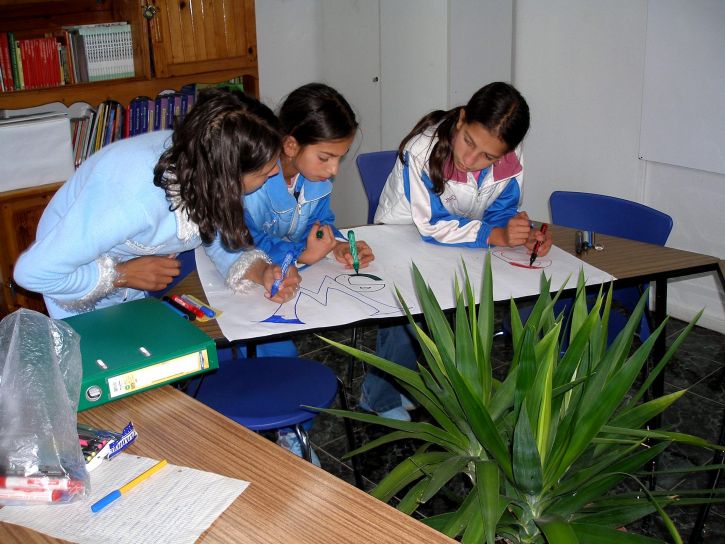

Many EAL teachers lack the confidence that they are supporting Roma pupils effectively. As the most disadvantaged ethnic minority group in the UK, Roma people have faced appalling discrimination and persecution throughout history. During Gypsy, Roma and Traveller History Month, let’s think about how we can recognise, support, and celebrate our EAL Roma pupils and their heritage.
Learn about Roma history
It is always helpful for teachers to know the background of their pupils, including when supporting Roma pupils. Until recently, when there have been more attempts to define a formal written system and produce Romani texts, Romani was mostly a spoken language. Therefore, one of the best ways to understand Roma history is through oral history. The Roma Support Group has just released a fantastic set of oral history resources to support this. The perspective of Roma people is relevant throughout history, and one area in which we are starting to see more of this is in Holocaust studies. Some estimates suggest that up to half the Roma population was murdered across Europe during the Holocaust. To this day, no one has been held accountable.

Learn about the Romani language
Romani is an Indo-Aryan language, closely related to northern Indian languages such as Punjabi. There are many dialects of Romani due to the Roma people’s migration across the world. Different dialects feature elements of the languages of the countries in which groups of Roma people reside. This interactive website gives you a taster of the language, combined with information on Roma traditions and history. It’s useful to know about the first language of EAL pupils so we can anticipate potential problems with learning English. This learner profile gives you an overview of the Romani language, and you can find more detailed information in books by academics like Yaron Matras, Ian Hancock, and Ronald Lee.
Raise the profile of Roma pupils
One way in which we can try to improve the educational outcomes of Roma pupils is by increasing their engagement with school. Ensuring that pupils feel recognised within the community can help to increase motivation to attend and raise aspirations. Celebrate your pupils’ language skills, learn about and teach their history, and provide opportunities to share their culture with others. Encourage pupils to take up positions of responsibility, like mentoring younger or newly arrived pupils, and to participate in extracurricular activities.

Build community links
Communicating with parents can often be a challenge when supporting Roma pupils. This can be due to a combination of low English proficiency, low literacy and negative experiences with authorities in the past. Reports suggest ideas like sending postcards home or creating visual resources like PowerPoint slides with key information about the school with narration in home languages. Some schools hire or find a volunteer Romani interpreter or community representative to help build home-school relationships. You could also hold coffee mornings for EAL parents which don’t always require literacy skills. Consider inviting parents into school to help with events such as craft workshops or cooking demonstrations on international days. The Roma Support Group has links to resources that may be useful, including in different Romani dialects.
Supporting other areas of life
If you do hold parent coffee mornings, it’s a good idea to include a practical element to ensure we are supporting Roma pupils in other areas of their lives. Parents may appreciate guidance through the process of applying for free school meals as this can be overwhelming. Roma people have particularly poor health outcomes and may be wary of the healthcare system. It is useful to provide guidance on things like how to register with a doctor or make a dentist’s appointment. You may choose to invite people from other areas, such as the local police or social services, to explain areas of concern and provide opportunities to ask questions in a non-threatening environment. Similarly, you can include some of these areas in EAL teaching, such as through roleplaying trips to the doctor or using teaching modals as an opportunity to compare rules and the law in different countries.

